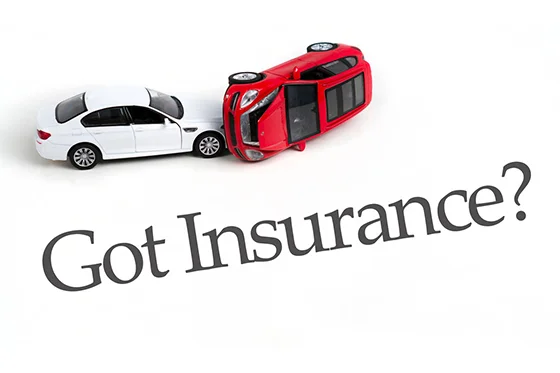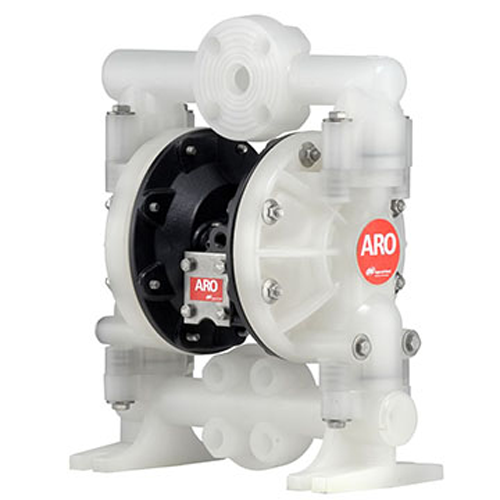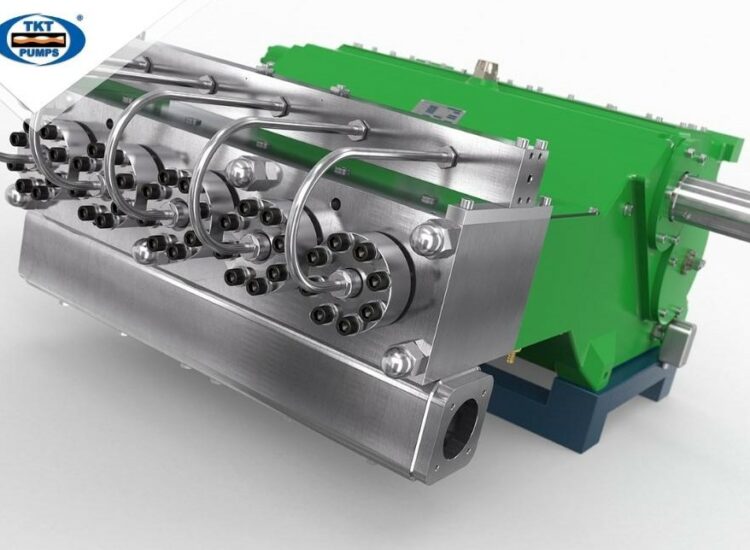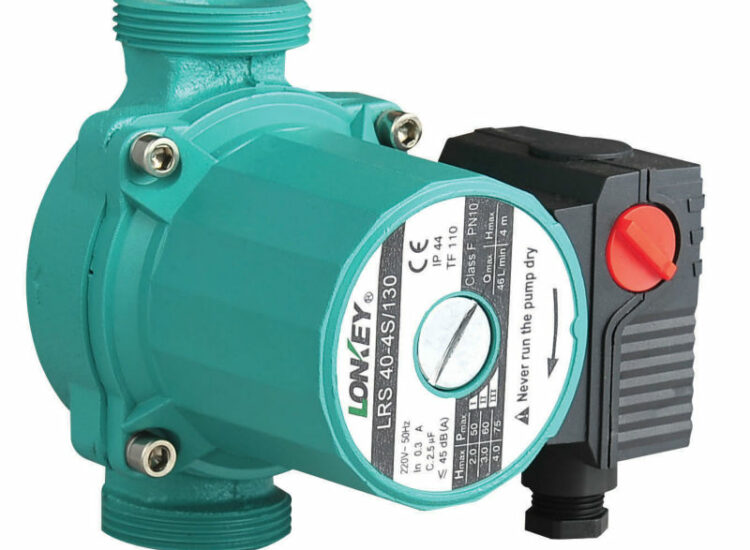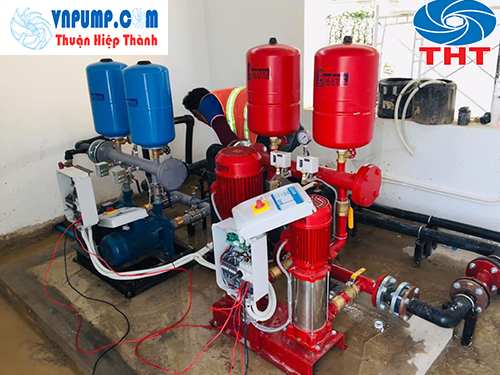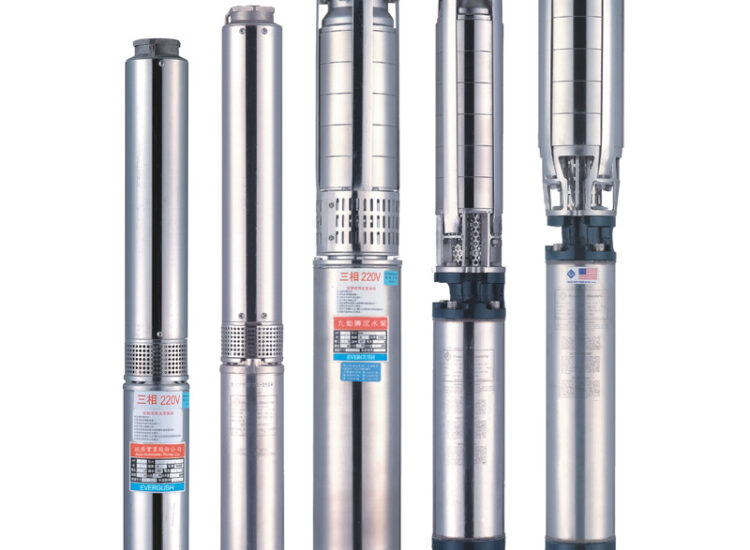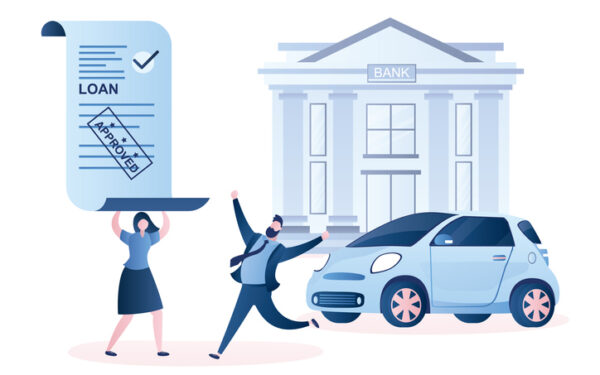In the dynamic and often unpredictable world of business, risks are an inherent part of the journey. From unforeseen accidents and natural disasters to lawsuits and operational disruptions, businesses of all sizes face a myriad of potential threats that could lead to significant financial losses, damage to reputation, or even closure. While careful planning, robust security measures, and sound business practices can mitigate many risks, some events are simply beyond a business’s direct control. This is where commercial insurance plays a vital, often indispensable, role. Commercial insurance, also widely known as business insurance, is a critical financial tool designed to protect companies from the financial fallout of various risks specific to their operations. It provides a safety net, transferring the cost of potential losses from the business owner to an insurance provider in exchange for a regular premium payment. Understanding commercial insurance is not just about complying with legal requirements or protecting assets; it’s about safeguarding the continuity and future of your enterprise in the face of uncertainty. This comprehensive guide will delve deep into what is commercial insurance, why it is fundamentally important for business risk management, explore the key types of commercial insurance available to businesses, and discuss the factors influencing commercial insurance cost and the process of getting commercial insurance. Navigating the complexities of a commercial insurance policy is a key step for any business owner committed to long-term stability and success.
Toc
Understanding Commercial Insurance: Protecting Your Business from Unexpected Risks

Every business, regardless of its size, industry, or location, operates within an environment fraught with potential risks. These risks can range from minor incidents to catastrophic events, all of which have the potential for significant financial impact. Commercial insurance serves as a crucial defense mechanism against these threats, providing essential financial protection and enabling business continuity.
What is Commercial Insurance? Defining Business Protection
At its core, commercial insurance is a contract between a business and an insurance company. In exchange for the business paying a regular premium, the insurer agrees to cover specific financial losses that the business might incur as a result of covered events or perils outlined in the commercial insurance policy. The types of risks covered are typically those that could lead to financial liabilities or property damage related to the business’s operations.
Unlike personal insurance (like home or auto insurance for individuals), commercial insurance is tailored specifically to the unique exposures faced by businesses. These exposures can include everything from a customer slipping and falling on the premises to a fire destroying business property, a cyberattack compromising sensitive data, or an employee getting injured on the job. The specific coverage provided by a commercial insurance policy depends entirely on the type of policy purchased and the terms agreed upon. Essentially, commercial insurance is about transferring the financial burden of potentially large, unexpected losses from the business owner’s balance sheet to the insurance company’s. This fundamental transfer of risk is the core function of business insurance. It is the mechanism by which companies protect their assets, their employees, and their financial stability against the diverse range of threats they encounter.
Why Business Insurance is Not Optional: Mitigating Operational and Financial Threats

While some businesses might view commercial insurance as an unnecessary expense, particularly during their early stages, the reality is that business insurance is rarely optional. It is, in fact, a critical tool for mitigating operational and financial threats that could otherwise derail or destroy the business.
One of the most compelling reasons business insurance is essential is to protect against financial ruin resulting from large liabilities or property losses. Without adequate commercial insurance, a single lawsuit from an injured customer, a major equipment breakdown, or damage to your premises from a storm could result in financial demands that far exceed your business’s reserves, potentially forcing you into bankruptcy. Business insurance provides the funds to cover these costs, up to the policy limits, protecting the business’s assets and preventing catastrophic financial loss.
Furthermore, business insurance is often a legal requirement. Many types of commercial insurance, such as workers’ compensation insurance, are mandated by state or national laws for businesses employing staff. Operating without legally required business insurance can result in significant fines, penalties, and legal action, in addition to leaving your business exposed to the very risks the insurance is designed to cover. Beyond legal compliance, various stakeholders, including clients, vendors, and landlords, may require businesses to carry certain types of commercial insurance (like general liability insurance) as a condition of doing business or signing a lease. This makes adequate commercial insurance a prerequisite for operational legitimacy and growth.
Finally, business insurance contributes to operational continuity. Policies like business interruption insurance can provide financial support to help a business continue paying essential expenses and replace lost income after a covered disruption (like a fire or natural disaster) forces temporary closure. Without this coverage, many businesses would struggle to recover and reopen after a significant event. The cumulative impact of mitigating financial threats, ensuring legal compliance, meeting contractual obligations, and enabling operational recovery underscores why business insurance is a non-negotiable aspect of running a responsible and sustainable enterprise.
Commercial Insurance as a Cornerstone of Effective Business Risk Management
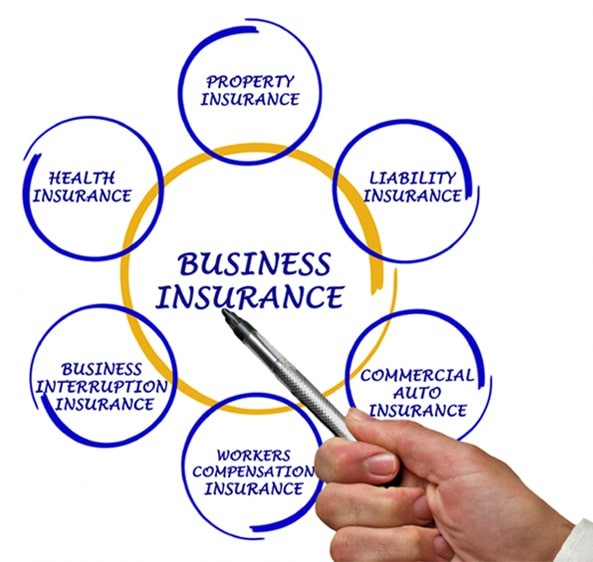
Commercial insurance is not just about reacting to problems; it is a proactive and fundamental component of effective business risk management. Business risk management involves identifying, assessing, and prioritizing risks, and then developing strategies to mitigate or control those risks. While other strategies might involve avoiding certain risky activities or implementing preventative measures (like safety protocols or cybersecurity defenses), insurance is the primary strategy for risk transfer.
By purchasing a commercial insurance policy, a business transfers the financial risk of certain defined events to the insurance company. This means that instead of the business bearing the full financial burden of a large loss, that burden is shifted to the insurer. This transfer is achieved through the regular payment of relatively smaller, predictable premiums, which allows the business to budget for the cost of risk mitigation. Effective business risk management recognizes that while some risks can be avoided or reduced, others cannot be eliminated entirely. For these unavoidable risks, insurance provides a vital financial buffer.
Integrating commercial insurance into a comprehensive business risk management plan involves several steps. First, identifying the specific risks your business faces based on its industry, size, location, and operations (e.g., are you exposed to slip-and-fall claims? Is your physical property in a flood zone? Do you handle sensitive customer data?). Second, assessing the potential severity and likelihood of these risks occurring. Third, determining which risks are best managed through transfer (insurance) versus avoidance or mitigation. Fourth, selecting the appropriate types of commercial insurance and adequate coverage limits to effectively transfer those identified risks. And fifth, regularly reviewing and updating your commercial insurance policy as your business evolves and new risks emerge. Viewing commercial insurance as an integral part of a broader business risk management strategy, rather than just a standalone expense, highlights its strategic importance in protecting the business’s future.

The world of commercial insurance is vast, offering a multitude of policy types designed to cover specific categories of risk. While the exact coverage needed varies greatly depending on the business, several core types of commercial insurance are common and often essential for a wide range of enterprises. Understanding these fundamental policy types is crucial when determining what business insurance coverage your company requires.
Foundational Coverages: General Liability and Commercial Property Insurance
Two of the most fundamental and widely held types of commercial insurance provide protection against common third-party claims and damage to physical assets.
General Liability Insurance, often referred to as Commercial General Liability (CGL), is a foundational business insurance policy that protects your business from claims of bodily injury or property damage caused to third parties as a result of your business operations, products, or premises. This is the policy that would typically respond if a customer slips and falls in your store and is injured, if an employee accidentally damages client property while working at their location, or if your product causes harm to a consumer. General liability insurance also often covers claims of advertising injury, such as libel, slander, or copyright infringement in your marketing activities. It covers legal defense costs, settlements, and judgments up to the policy limits. For most businesses interacting with the public or operating from a physical location, general liability insurance is considered essential and is frequently required by landlords or clients.
Commercial Property Insurance is another critical policy, designed to protect the physical assets of your business. This includes your business premises (if you own the building), inventory, equipment, furniture, fixtures, and supplies from damage or loss caused by specific perils listed in the policy. Covered perils typically include events like fire, smoke, windstorms, hail, vandalism, and theft. This commercial insurance policy provides funds to repair or replace damaged or destroyed property, allowing the business to recover and resume operations after a covered loss. The specific coverage (e.g., named perils vs. all-risk) and valuation method (e.g., replacement cost vs. actual cash value) can vary depending on the commercial insurance policy. For any business with physical assets, commercial property insurance is a vital layer of protection against potentially devastating losses.
Protecting People and Assets: Workers’ Compensation and Commercial Auto Insurance
Two other essential types of commercial insurance focus on protecting employees and vehicles used for business purposes.
Workers’ Compensation Insurance is a type of business insurance that provides medical benefits and wage replacement to employees who are injured or become ill as a direct result of their job duties. It also provides death benefits to the dependents of employees who die due to work-related incidents. In exchange for this coverage, employees typically give up their right to sue their employer for negligence related to the injury or illness. Workers’ compensation insurance is legally required in most states and jurisdictions for businesses with employees, although the specific requirements (e.g., minimum number of employees) vary. This commercial insurance policy protects both the employees by ensuring they receive necessary care and financial support, and the employer by limiting liability from workplace injuries and complying with legal mandates. It is a non-negotiable aspect of employing staff for most businesses.
Commercial Auto Insurance provides coverage for vehicles used for business purposes. This is distinct from personal auto insurance, which typically does not cover vehicles used primarily for work (e.g., delivery trucks, service vans, company cars). Commercial auto insurance provides coverage for bodily injury and property damage liability caused by a business vehicle, as well as coverage for physical damage to the business vehicle itself (collision and comprehensive), and potentially coverage for uninsured/underinsured motorists. The specific coverage needed depends on the type of vehicles used, how they are used (e.g., transporting goods vs. people), and the required coverage limits. For any business that uses vehicles in its operations, whether it’s a single car for sales calls or a fleet of delivery trucks, commercial auto insurance is essential to cover potential accidents and associated liabilities.
Specialized Protection: Professional Liability and Business Interruption Insurance
Beyond the core coverages, several specialized types of commercial insurance address risks specific to certain industries or operational challenges.
Professional Liability Insurance, also known as Errors and Omissions (E&O) insurance, provides coverage for businesses that provide professional services or advice. It protects against claims of negligence, errors, or omissions made by the business in the course of providing those services, which result in financial loss to the client. This type of commercial insurance policy is particularly important for businesses like consultants, accountants, lawyers, real estate agents, IT service providers, and marketing agencies. For example, if a consultant provides flawed advice that causes a client significant financial harm, professional liability insurance would cover the legal defense costs and any settlement or judgment. The specific coverage details (e.g., claims-made vs. occurrence basis) are important in this business insurance type.
Business Interruption Insurance, sometimes called Business Income insurance, is a vital commercial insurance policy for protecting against the financial impact of disruptions to operations. It provides coverage for lost income and extra expenses that a business incurs after being forced to temporarily suspend operations due to a covered peril (like a fire, hurricane, or other damage to the property covered by commercial property insurance). This business insurance helps the business continue to meet its financial obligations (rent, payroll, loan payments) and cover the extra costs of temporarily relocating or operating while the damaged property is being repaired. Without business interruption insurance, many businesses would struggle to survive the financial strain of extended downtime.
Other specialized types of commercial insurance include Cyber Liability Insurance (for data breaches and cyberattacks), Directors and Officers (D&O) Insurance (for wrongful acts in management), and Commercial Umbrella Insurance (providing additional liability coverage above the limits of other policies). Selecting the right mix of these types of commercial insurance is crucial for a comprehensive business risk management strategy.
Securing the Right Coverage: Factors, Cost, and Getting Commercial Insurance
Obtaining the appropriate commercial insurance coverage is a process that involves assessing risks, understanding pricing factors, and working with insurance professionals. The goal is to secure a commercial insurance policy that adequately protects your business without being overly expensive.
Factors Influencing Your Commercial Insurance Cost
The commercial insurance cost, or premium, that a business pays is not fixed. It is determined by underwriters who assess the level of risk associated with insuring that specific business. Several key factors influence how commercial insurance cost is calculated:
- Industry and Type of Business: Different industries inherently carry different levels of risk. A construction company faces higher risks of workplace injuries and property damage than a graphic design firm. The industry significantly impacts the base commercial insurance cost for policies like workers’ compensation insurance and general liability insurance.
- Size of the Business: The size, typically measured by factors like revenue, number of employees, or square footage of premises, directly impacts exposure to risk. More employees mean higher potential for workers’ comp claims. Higher revenue might correlate with increased activity and potential liability exposures. A larger property is more expensive to insure under commercial property insurance.
- Location: The geographic location of the business influences commercial insurance cost based on factors like crime rates, exposure to natural disasters (e.g., hurricanes, earthquakes, floods), and local regulations.
- Claims History: A business’s past record of filing insurance claims is a strong predictor of future claims. Businesses with a history of frequent or costly claims will generally face higher commercial insurance cost.
- Coverage Limits and Deductibles: The amount of coverage you choose (the maximum the insurer will pay for a covered loss) directly impacts the premium. Higher coverage limits result in higher commercial insurance cost. Conversely, the deductible (the amount you pay out-of-pocket before insurance coverage kicks in) has an inverse relationship: a higher deductible typically results in a lower commercial insurance cost.
- Risk Management Practices: Businesses that proactively implement business risk management strategies, such as safety programs, employee training, cybersecurity measures, or installing sprinkler systems, may qualify for lower premiums as they are demonstrating efforts to mitigate risk.
- Policy Type and Endorsements: The specific types of commercial insurance you purchase and any additional endorsements or riders added to the commercial insurance policy to customize coverage will also affect the overall commercial insurance cost.
Understanding these factors helps business owners anticipate their commercial insurance cost and identify areas where they might be able to reduce premiums through risk mitigation or adjusting coverage terms.
The Process of Getting Commercial Insurance: From Assessment to Policy
Getting commercial insurance involves a structured process to ensure you secure appropriate coverage for your business’s specific needs. It’s more than just getting a quote; it’s about a thorough assessment of your risks.
- Assess Your Business’s Risks: The first and most crucial step is to identify the unique risks your business faces. Consider your industry, operations, employees, property, interactions with customers and the public, and potential exposures to lawsuits or natural disasters. What are the most likely and potentially most damaging events that could impact your business? This risk assessment guides the entire process of getting commercial insurance.
- Determine Required Coverage Types: Based on your risk assessment, determine which types of commercial insurance are necessary. Are you legally required to have workers’ compensation insurance? Do you need general liability insurance because you interact with the public? Is commercial property insurance essential to protect your assets? Do you need specialized coverage like professional liability insurance or business interruption insurance?
- Determine Appropriate Coverage Limits and Deductibles: Decide how much coverage you need for each policy type. This involves considering the potential severity of losses (e.g., how much could a major lawsuit cost? What is the replacement value of your property?). Also, choose your deductibles, balancing the upfront commercial insurance cost (lower premium with higher deductible) against your ability to pay out-of-pocket in the event of a claim.
- Shop Around and Get Quotes: Contact multiple insurance providers or work with an independent insurance agent who can get quotes from various insurers. Provide accurate and detailed information about your business during the application process to ensure quotes are accurate. Compare quotes not just on commercial insurance cost but also on coverage details, exclusions, and the insurer’s reputation.
- Review the Commercial Insurance Policy: Once you’ve chosen an insurer and coverage, carefully review the entire commercial insurance policy document before signing. Understand the coverage terms, limits, deductibles, and importantly, any exclusions that might apply. Ask questions about anything unclear.
- Bind Coverage and Pay Premium: Once you are satisfied with the policy, you will typically “bind” coverage by making an initial payment. Your commercial insurance policy is then in effect.
- Regularly Review and Update: Getting commercial insurance is not a one-time event. As your business grows, changes operations, or faces new risks, it is crucial to regularly review your commercial insurance policy (at least annually) and update coverage as needed.
This structured process ensures that when you are getting commercial insurance, you are making informed decisions tailored to your business’s specific needs and vulnerabilities.
Choosing the Right Commercial Insurance Policy: Limits, Deductibles, and Working with Agents
Selecting the right commercial insurance policy goes beyond just picking a policy type; it involves making informed decisions about coverage details and often benefiting from professional guidance.
Key considerations when choosing a commercial insurance policy include:
- Adequate Coverage Limits: Ensure your policy limits are sufficient to cover potential losses. Being underinsured can leave your business exposed to significant financial risk even with insurance. Work with an agent to assess appropriate limits based on your assets, potential liabilities, and industry risks.
- Appropriate Deductibles: Choose deductibles that you can comfortably afford to pay out-of-pocket if a claim occurs. While higher deductibles lower premiums (commercial insurance cost), they mean higher immediate costs during a loss.
- Understanding Exclusions: Every commercial insurance policy has exclusions – situations or types of losses that are not covered. Carefully read the exclusions section to understand what your policy doesn’t cover.
- Named Perils vs. All-Risk: Understand the type of coverage provided by your commercial property insurance. Named perils policies only cover risks specifically listed, while all-risk (or open perils) policies cover all risks except those specifically excluded.
- Replacement Cost vs. Actual Cash Value: For commercial property insurance, understand how claims will be paid. Replacement Cost Value (RCV) pays the cost to replace damaged property with new property of similar type and quality. Actual Cash Value (ACV) pays the replacement cost minus depreciation. RCV provides better protection but has a higher premium.
Working with an experienced independent commercial insurance agent can be invaluable throughout this process. An agent can help you assess your risks, explain the different types of commercial insurance, compare quotes from multiple insurers, help you understand the nuances of a commercial insurance policy, and ensure you select adequate coverage limits and deductibles tailored to your specific business risk management needs. Their expertise can save you time, effort, and potentially money while ensuring your business is properly protected.
In conclusion, commercial insurance is a fundamental pillar of sound business risk management, providing essential financial protection against the diverse and unpredictable risks faced by modern enterprises. Understanding what is commercial insurance reveals its role in transferring risk through various types of commercial insurance like general liability insurance, commercial property insurance, workers’ compensation insurance, commercial auto insurance, professional liability insurance, and business interruption insurance. The commercial insurance cost is influenced by numerous factors, including industry, size, location, and claims history. The process of getting commercial insurance involves careful risk assessment, shopping for quotes, and diligently reviewing the commercial insurance policy terms, coverage limits, and deductibles. For any business committed to stability, continuity, and long-term success, securing appropriate business insurance is not merely a transaction but a strategic investment in safeguarding its future against unexpected challenges.

